Happiness at TCU
Is TCU as happy as Princeton Review says it is
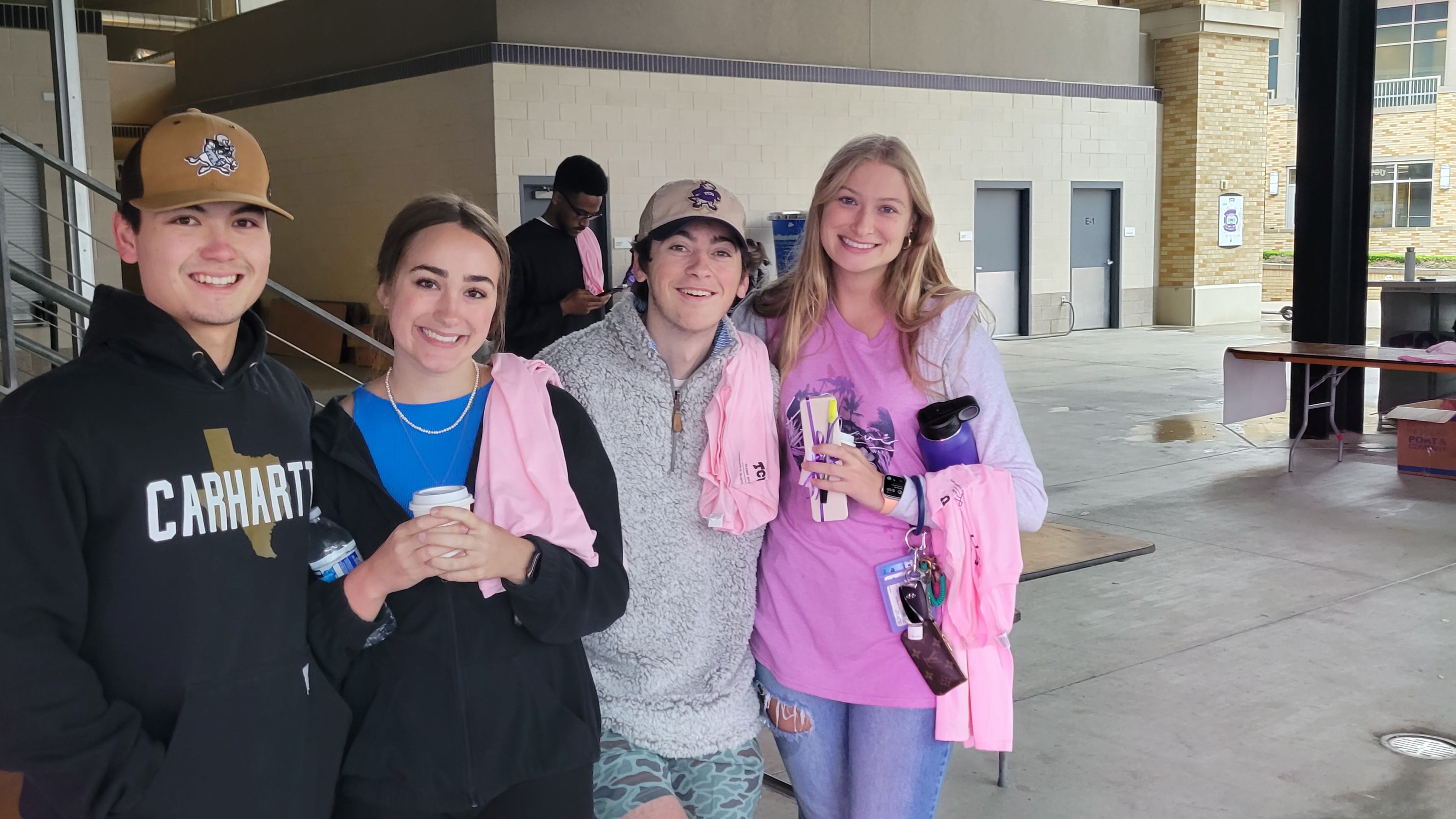
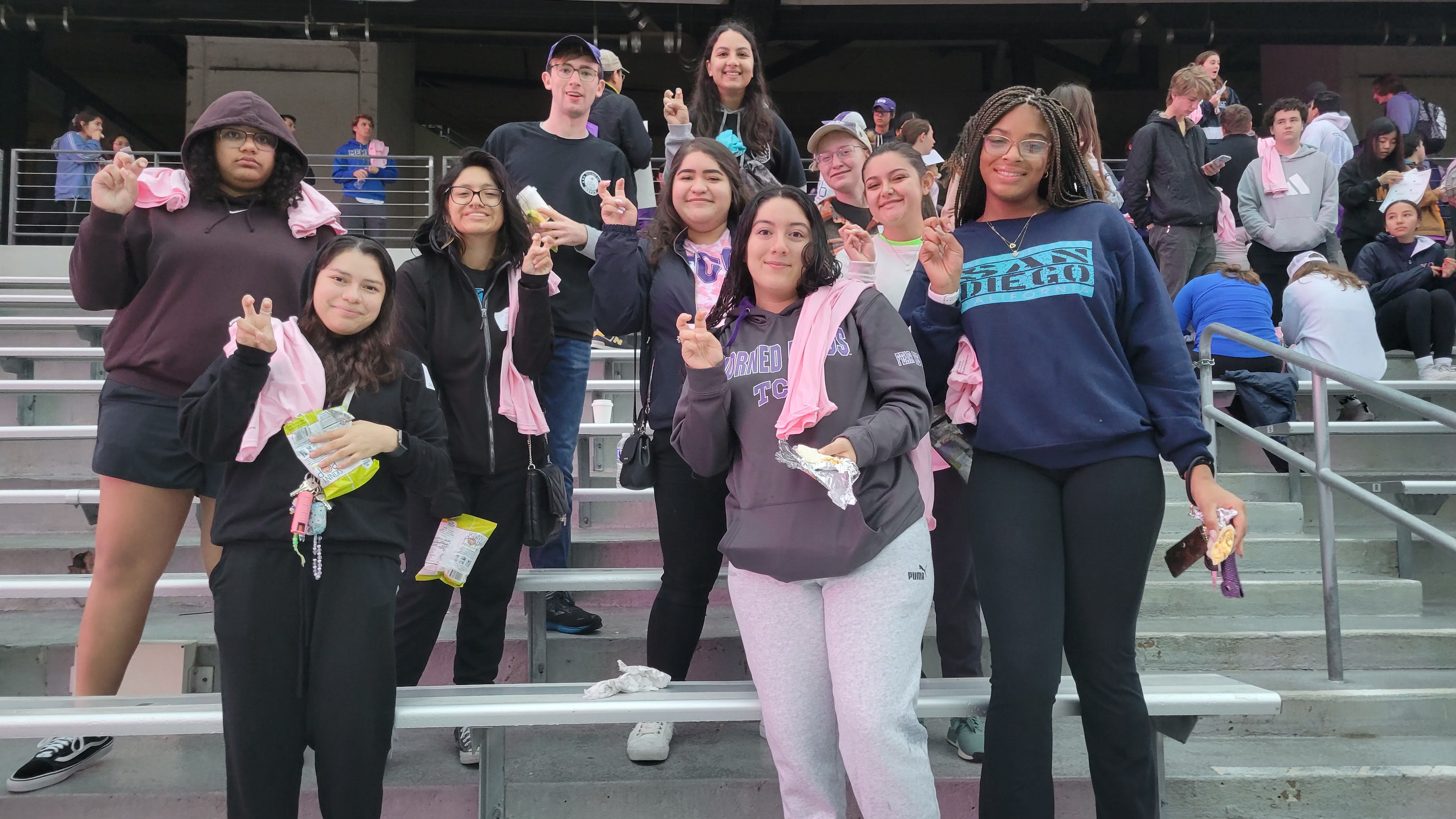
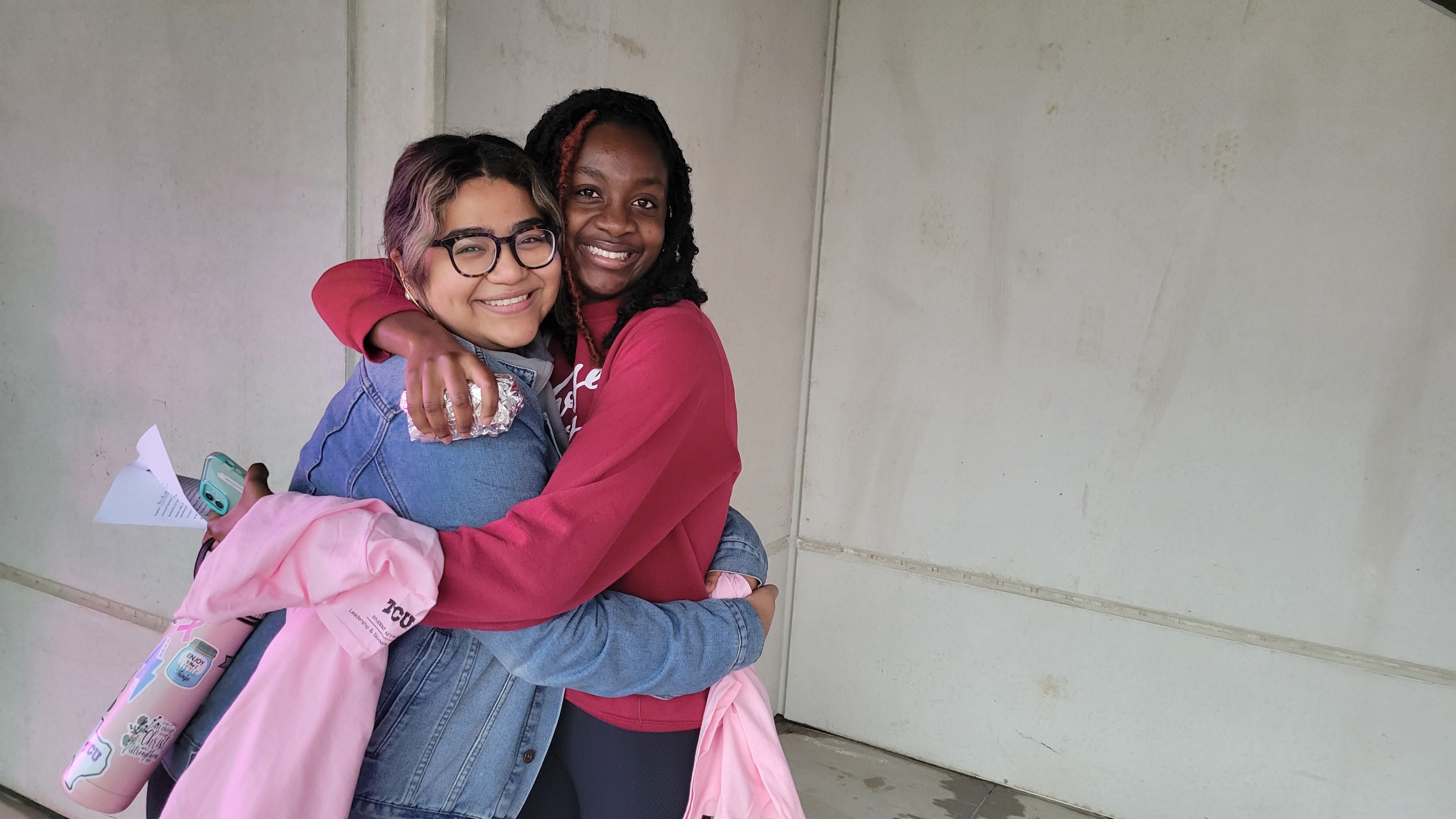
Introduction
TCU was ranked the happiest campus by Princeton Review. Through surveys with TCU students, I set out to uncover if students agreed with that.
The Princeton Review surveyed students at colleges across the United States, asking multiple questions to update their annual rankings. Based on TCU student answers Princeton Review ranked them number 1 as the "happiest students" in the U.S. My research sought to find out from participants what made them happy at TCU and what could make them even happier.
Abstract/Synopsis
Students gave a web of diverse opinions on what truly makes TCU a happy place, and how their perceptions and choices were influenced by this article.
In my research, respondents shared some of the things they love which were the events, class sizes, and location. Also, they explained their frustrations about parking and food choices on campus.
This study isn't just about findings; it's about voices. It's about students sharing what they love about TCU and what suggestions they wish for to keep that happiness alive. These voices show the desire for an even brighter, more fulfilling experience at TCU
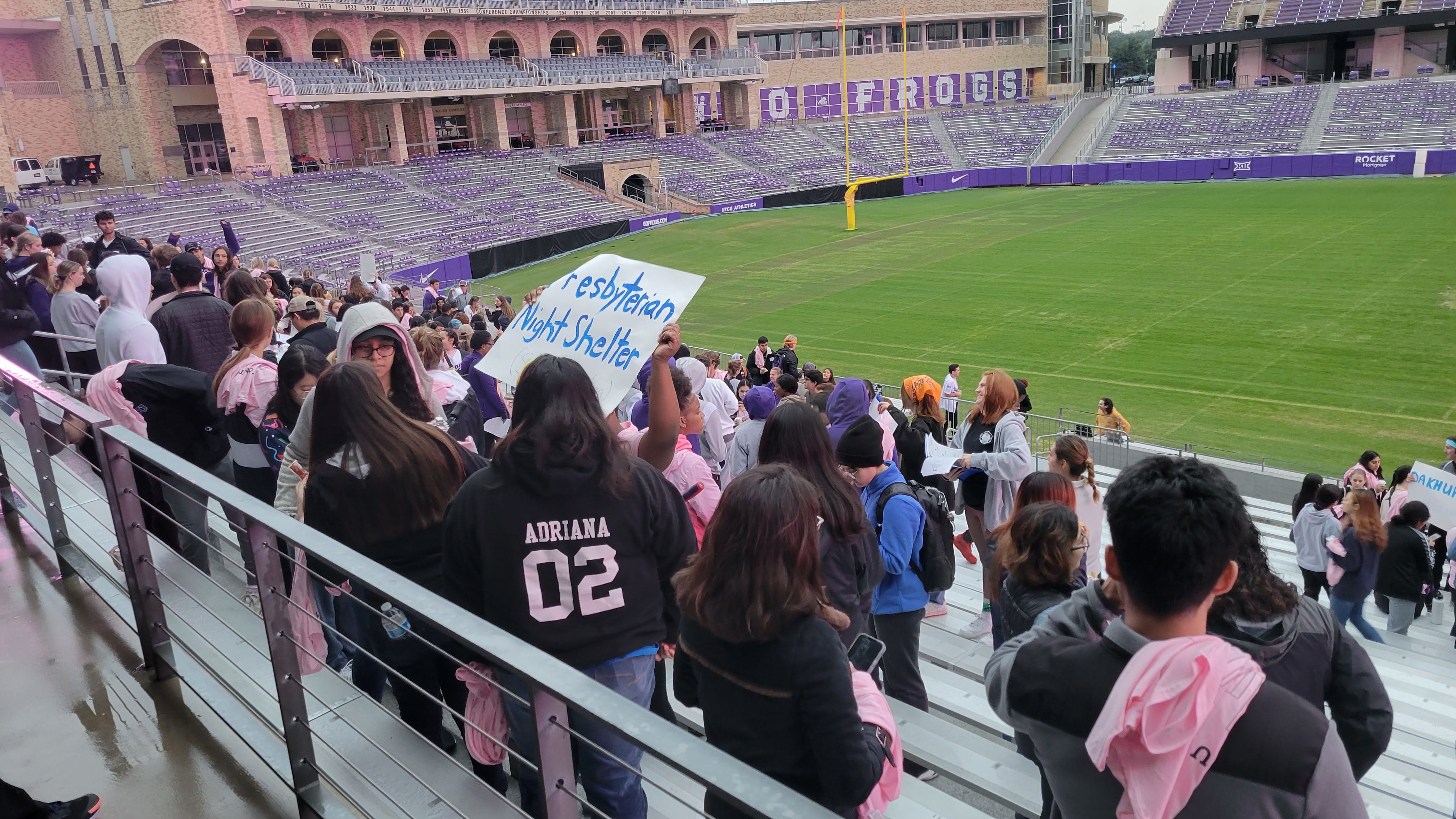
Methods
I chose both a mixed approach using qualitative and quantitative methods. Surveys and interviews formed the background for the study, aiming to gain the true opinion of students and examine the impact of the ‘happiest campus based on their answers and feedback. These methods make it possible to explore the different voices at TCU.
To start, I crafted a survey that directly embraced TCU's reputation as the happiest campus, making sure the questions were clear and inviting for students to share their thoughts. The survey began with simple inquiries about their classification, gender, and whether they were from the US or international backgrounds. But it was not about the basics; I wanted to dig deeper.
Some of the survey questions included "What specific things about TCU do you think make it such a happy place?" and "Is there a particular club or group at TCU that brings happiness to your college experience?" I also wanted to hear about aspirations for an even better campus: "What changes or improvements do you think could elevate TCU's happiness levels?" Finally, I sought their insights into what truly uplifts the spirits of students here: "In your opinion, what contributes the most to making students at TCU so content?"
I also interviewed Heath Einstein, Dean of Admission at TCU, to find what incoming students look for when coming to TCU.
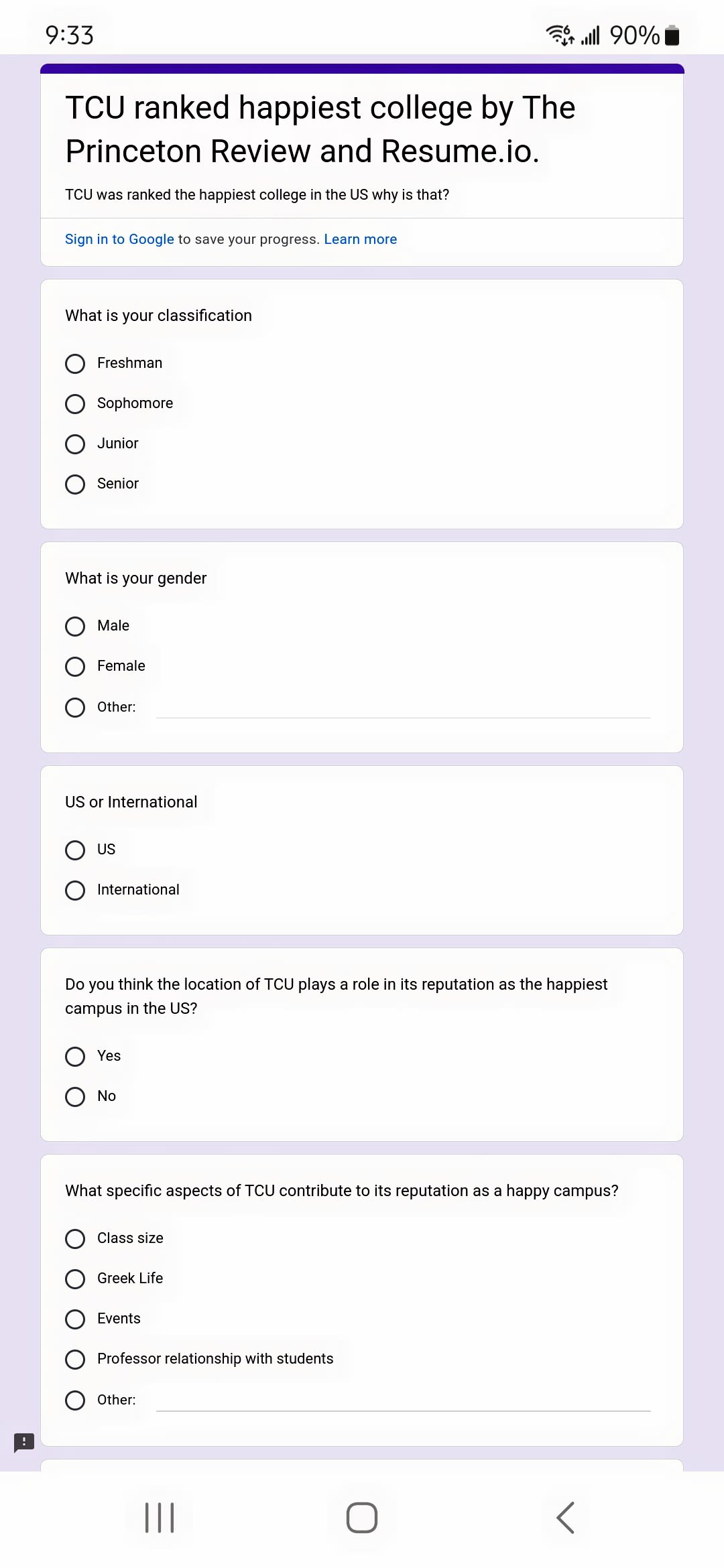
Results
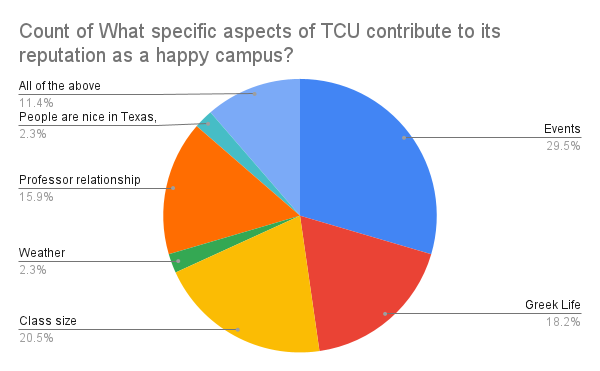
Regarding what contributes the most, people stated the beautiful campus with its events and different organizations, school spirit in various sports, student engagement, small class sizes, and the significant impact of sports.
Most respondents were part of a fraternity or sorority and different clubs on campus. When asked what could be improved, parking was the main issue, followed by the need for more mental health checks and services, greater inclusion, and more days off.
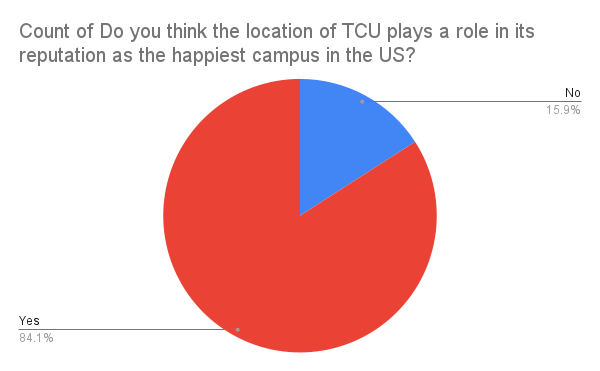
The results regarding whether the location of TCU plays a role in its reputation as the happiest campus in the US showed that 84% of students believed it did, while 16% said it did not contribute. As for several aspects, events came first at 30%, followed by class size at 21%. Greek life accounted for 18%, professor relationships at 16%, 'all of the above' at 11%, and the notion that people in Texas are nice came in at 2%.
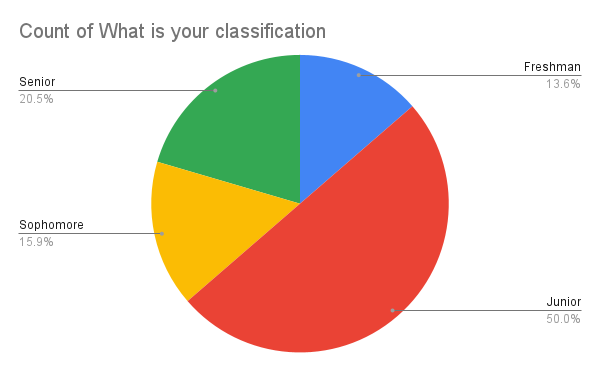
When it came to classification, more juniors took the survey at 50%, sophomores were at 16%, first-year students were at 4%, and finally, seniors were at 21%. The gender distribution was vastly different, with female students coming in at 86% and male students at 14%. Most respondents were from the US, with only 1% being international.
Einstein discussed how TCU aims to create a positive and joyful environment for students. He emphasized the importance of creating a lifelong relationship with students and being connected to campus activities. He said that TCU provides personal attention and abundant resources, allowing students to pursue their dreams without sacrificing anything.
Einstein said that students' love for TCU and the university's sense of family and connection led to the number 1 ranking. However, he acknowledged that there is room for improvement, particularly in making TCU more affordable and creating a more socioeconomically diverse student body.
He said that students who come back to TCU often mention the strong sense of community and values that make it feel like home. Einstein also highlighted the inclusive events at TCU, such as concerts and sports games, that are open to everyone and contribute to the overall college experience.
Conclusion
The research into student happiness at TCU has shown many diverse perspectives and different understandings. It revealed many insights into what brings joy to the heart of TCU’s campus from the exploration of the happiest campus in the U.S. to the different voices and opinions from students and a dean.
Looking at all these aspects that contribute to student happiness on campus, it's clear that there's no one-size-fits-all formula for a great college experience. Instead, this mix of events, personal connections with professors, the social scene of Greek life, and even the little things like the weather shape how students feel about their time at TCU. Ultimately, it's this blend of experiences that makes TCU a special place for everyone. Understanding and embracing this diversity in what brings joy to students can help make the campus even more vibrant and fulfilling for all.
"Remember this, that very little is needed to make a happy life."